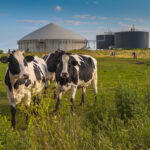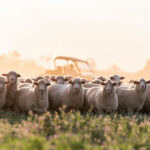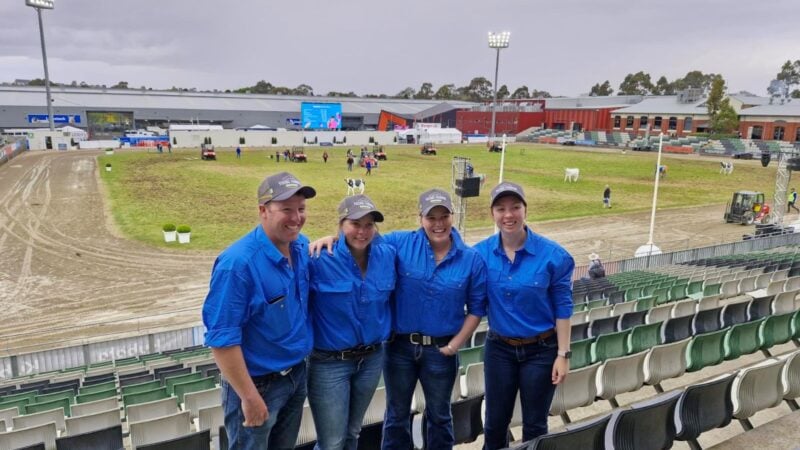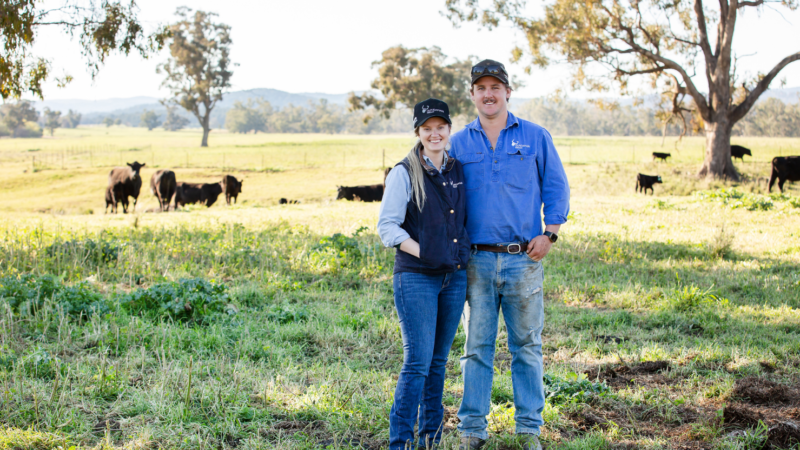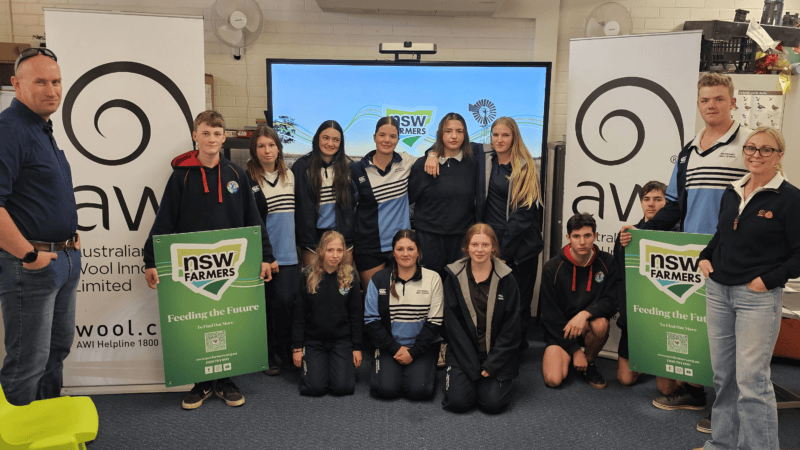When it comes to climate change, here in Australia it�s clearly no longer business as…
At the top of her game: female farmers to watch
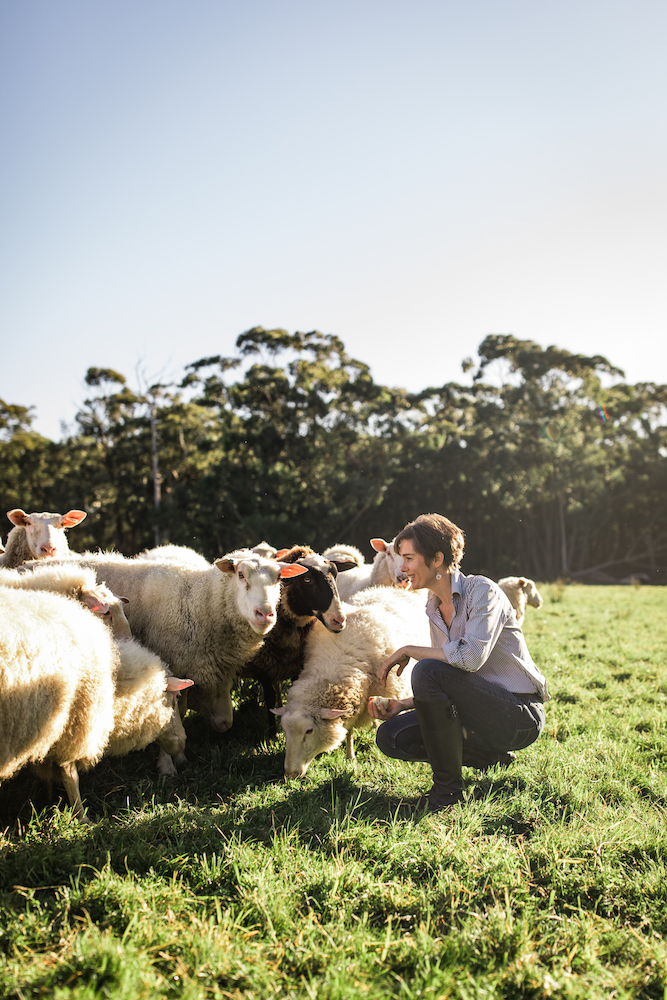
A quick look at the rural women around the room at the NSW Farmers Annual Conference this year confirmed that the old idea of women in agriculture as the farm wives and scone-makers of the farming community is well and truly out of date.
At Conference, both female and male delegates were tabling motions and raising their hands to be elected to leadership roles.
Women in agriculture in NSW are driving both innovation and tractors, milking sheep, responsible for the finances of the farm business, negotiating contracts and making decisions.
They are vitally involved in their communities, as members of the Country Women�s Association and the school parents committee, as well as volunteering in the canteen at their children�s sports events.
On top of that they�re climbing the corporate ladder.
Within NSW Farmers there are women members elected onto committees, including as chairperson. The Vice President of NSW Farmers is Rebecca Reardon and three of the nine board members are women. Rebecca holds a degree in Agricultural Economics, is co-owner of a mixed farming business, and holds a number of directorship roles.
She has been actively involved with NSW Farmers as Chair of the Grains Committee, on Executive Council, and was Treasurer on the NSWF Board for the past eight years.
Last year, Rebecca stepped up and was elected Vice President of the organisation for two years and emphasises that women must be as visible �at the table� as they are in the paddocks.
�Women are integral to the fabric and landscape of modern-day farming,� she says. �They are practical, smart, well educated, knowledgeable, hard-working and strategic. That�s why it is so important and terrific to see them at the table, helping drive agricultural policy and advocacy.
�I encourage women out there who are interested to put up their hand � the future of farming and our families will be better for it.�
THE NEXT CROP
The future is bright for the next generation of agricultural stars, and four of the five NSW Farmers 2023 Tertiary Scholarship recipients are young women. The scholarships are awarded based on a wide gamut of skills and qualities: academic performance, commitment to agriculture and rural communities, leadership qualities and communication skills.
Likewise, farming women who are catching attention in the public eye are doing so since they demonstrate a breadth of experience and skills, whether they have been working in the tractor, the dairy, the paddock, or the office.
Elke Cleverdon is a cattle breeder, Cate Hardy is growing seed crops, Keiley Noble is negotiating hay contracts, and Cressida Cains is milking sheep and crafting cheese.
But there are many facets to each of their lives.
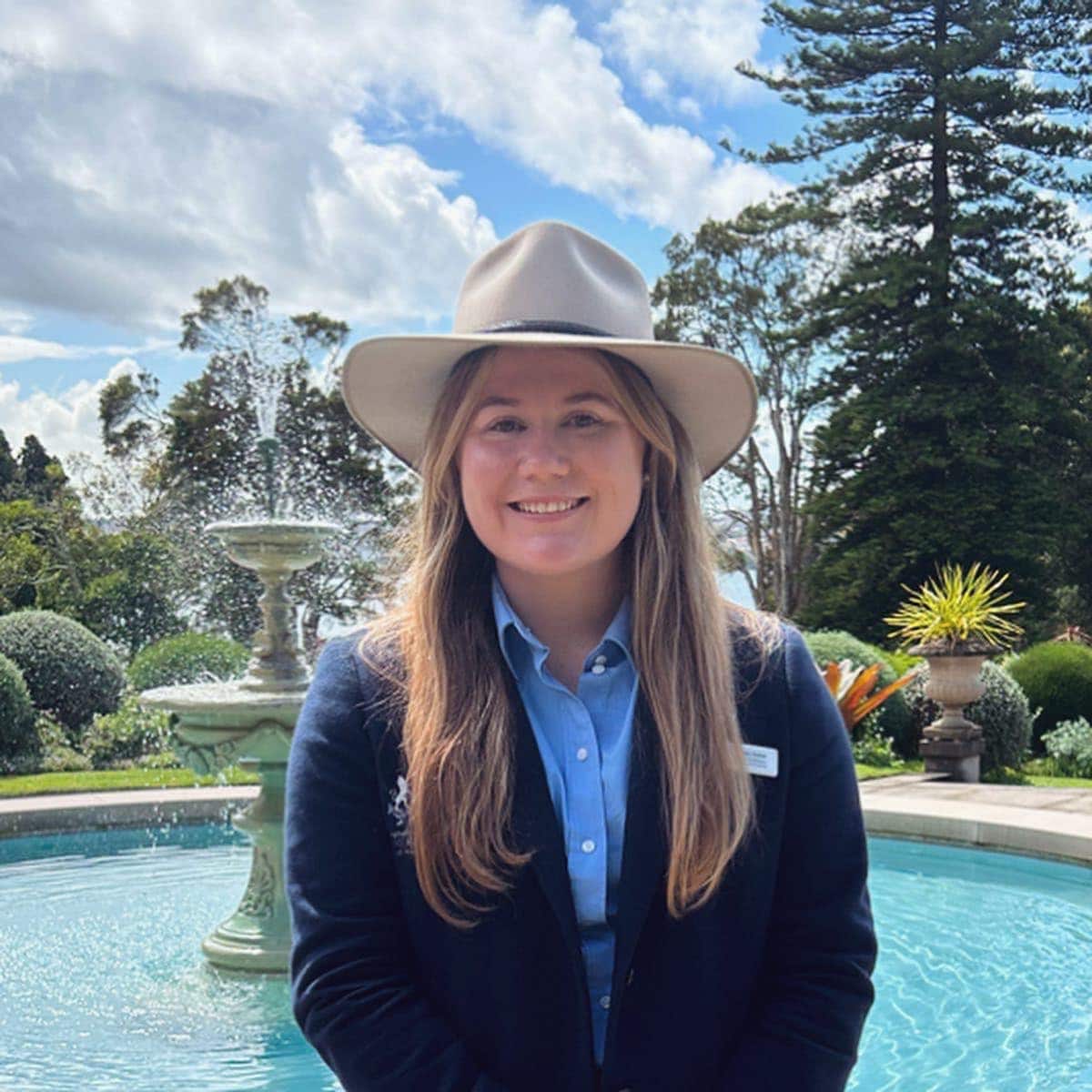
Keiley Noble: WINNER, RURAL ACHIEVER AWARD
After growing up in the Dubbo region, and gaining a double degree in agriculture and business, Keiley Noble had an accelerated introduction into agriculture, marrying a harvest contractor and moving to Narromine.
The couple have a young daughter and Keiley is responsible for marketing and sales in the business. She has taken the business online, which has expanded their sales territory.
�It can get quite intensive, and I now include dinner drop-offs in my itinerary,� she says.
Keiley also works as a drought policy officer, and she said this enabled her to contribute her lived experience and those of her community into her role in the Department of Regional NSW.
She has added marriage celebrant to her roles, specifically offering her services to people involved in agriculture.
It was her own experience trying to find a celebrant who understood her and Ross, taking into account their youth and connection to the land and rural areas, that led her to study to become a rural celebrant.
Living in a rural district and working remotely, Keiley noticed there were more, especially younger, women moving into her community.
The opportunity for people to work remotely and live in rural areas has been a bonus for regional and rural communities. Keiley noticed it was easy for remote working, while an opportunity and bonus for lifestyle, could lead to social isolation.
�I noticed so many great women out here were working remotely and weren�t feeling connected post pandemic,� she says. �I thought, what can I do for my region?�
Keiley formed Western Rural Connect to help people form more social connections. It has helped her develop new skills and friendships.
�Forming the committee has helped each of us build connections and develop leadership abilities,� Keiley says.
�We work in different industries and live in different regions, but working together we can achieve great things, including social change.
�Social connections are definitely at the core of everything.�
Through Western Rural Connect, the wider group is planning an end of harvest social event.
�In our region, 59 per cent of businesses are in the harvest industry,� Keiley says. �But everyone works in isolation on a daily basis.
�This will bring us together socially.�
Her work in connecting people through Western Rural Connect, and her passion for helping to build resilience in rural towns, combined to garner this year�s RM Williams Royal Agriculture Society�s Rural Achiever Award in April, throwing her into the spotlight as a mover and shaker.
Following this, Keiley is set to tell her story as a guest speaker at this year�s NSW Women�s Gathering, to be held in Orange in November.
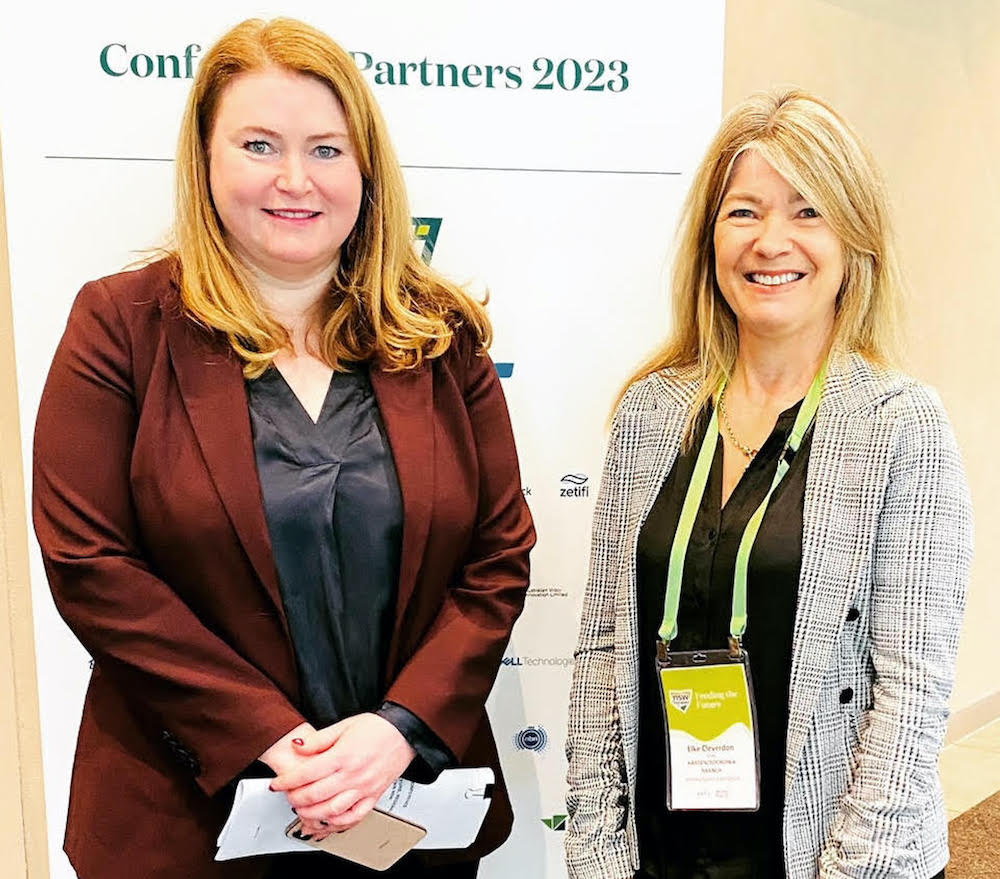
Elke Cleverdon: FARMING BY THE NUMBERS
Elke Cleverdon said she thought there was a lot of misconceptions about who farming women are.
�Women in agriculture are major contributors to the sector � as farmers, agricultural consultants, agronomists; in many roles including working off farm in careers,� she says.
�Virtual reality and working from home arrangements means people can live in regional and rural areas, and that�s bringing high calibre people into rural areas who complement the existing population.�
Elke is joint-owner of an Angus cattle breeding enterprise at Harden, and is responsible for financial and risk management and strategic planning for the business.
She is also a CPA accredited accountant with a background in rural banking, and has completed an MBA and the AICD Diploma.
�Women bring so many skills and experiences to farming and to rural areas,� she says. �Farming is not about heavy lifting any more.
�There�s now equipment and tools and machinery that mean jobs don�t need physical strength.�
One of the innovations Elke and her husband Charlie invested in, after assessing their business risk, is an automatic weighing system in the paddock, located near the cattle licks.
�On a daily basis, the Optiweigh gives us control over animal management,� she says. �Now we know exactly what the weight of each animal is on a daily basis.
�That naturally means we can manage our water and pastures.�
Elke works part time with Rural Financial Counselling Services NSW, and holds a number of board directorships including a regional credit union.
Before she achieved the paid directorships, Elke spent many years within voluntary roles in her local community, mostly around her children�s activities, but also including Young�s cherry festival and the Local Land Services.
�In your local community, you get out what you put in,� she says.
These days she uses a mix of virtual reality and in-person attendance to acquit her board director roles.
�The past couple of years has accelerated acceptance of virtual appearance at meetings,� Elke says. �It�s very important to have that flexibility for rural women.
�Face to face attendance enhances your professional relationships with other directors, but virtual reality is a suitable option.�
Last year Elke participated in the Diversity in Agricultural Leadership program run by the National Farmers� Federation (NFF).
Participation directly led her to apply for and be elected to a portfolio of board directorships, and created unexpected opportunities.
�Being selected for the NFF Diversity in Agriculture Leadership program was a catalyst for me,� she says.
�I was paired with a mentor who helped me understand my values and skills, and we discussed what boards I might be interested in.�
It helped her value the skills she already had, and develop the confidence to attend events to network and identify opportunities for this next step in her professional life � gaining a portfolio of paid board directorships.
�I�ve learned to look at opportunities to network. I sit down and think about who might be there and who I might want to talk to.
�I�ve found it gets less scary the more times I do it,� she says.
This year, Elke was part of the National Farmers� Federation sponsored group of farmers who travelled to Ireland, England and France in May.
Elke now feels she has the confidence and capability to mentor other women.
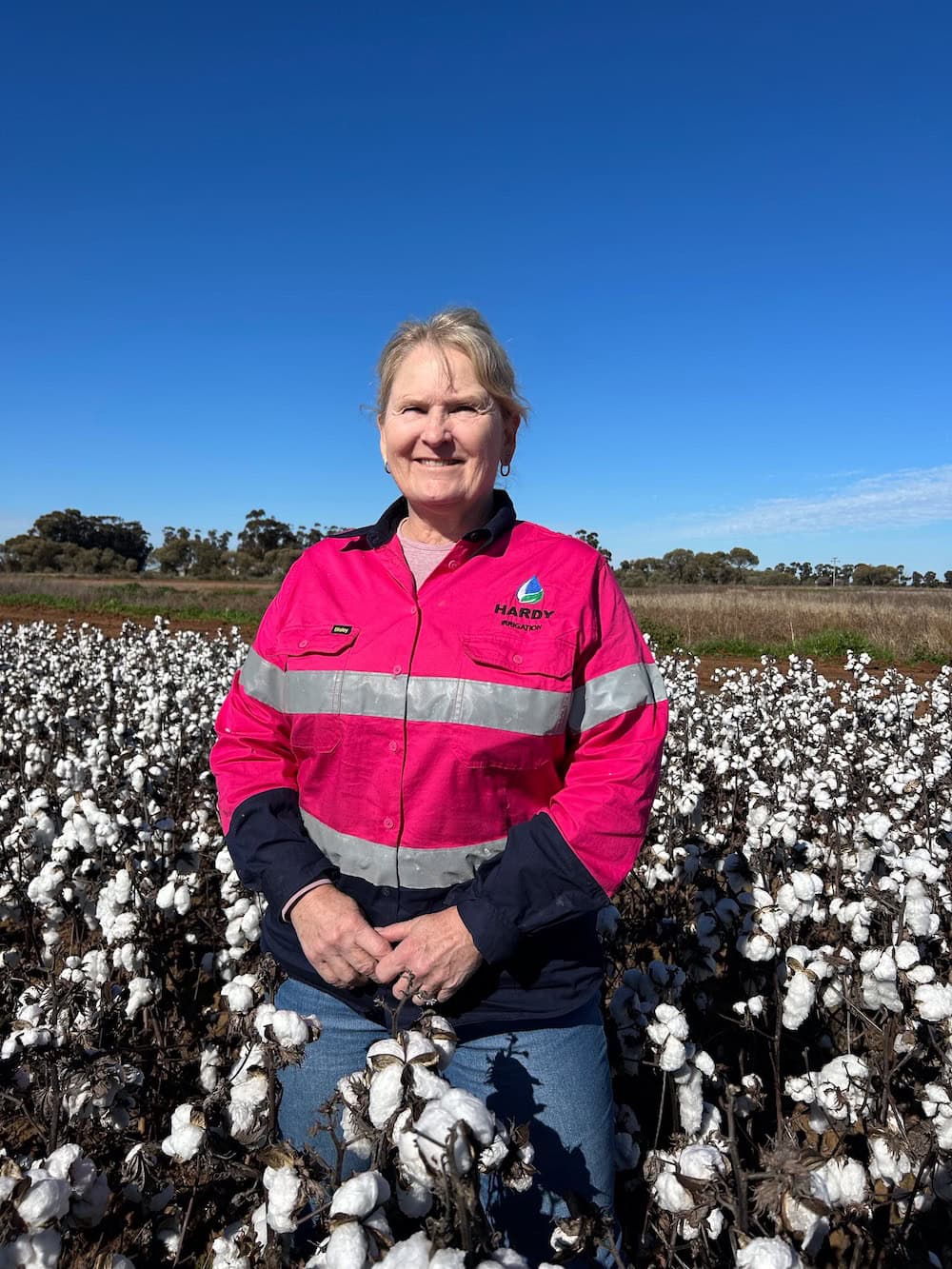
Cate Hardy: FROM THE TRACTOR TO THE DESK
Another farmer who has taken advantage of virtual reality to be engaged in her wider community is Cate Hardy.
Cate farms in partnership with her husband, Perry, and their two sons, Stephen and Thomas, in the Coleambally irrigation district.
Cate shares tractor duty with the rest of the team.
�I�ve always been on the tractors, ripping or mulching crops,� she says. �In my district � principally cropping � the women and men are equally involved in farming.�
Cate�s role includes financial management � she is the primary contact for the bank manager and accountant � and liaising with the business�s agricultural consultant.
�We all have our roles outside of tractor work,� she says. �I enjoy economics.
�Perry�s primary role is sourcing contracts. Stephen is responsible for human resource management. Thomas is the person who our specialist agronomist goes to for anything to do with the seed crops.�
Outside the farm, Cate has always been involved with the CWA and local sports clubs.
She was inaugural president of the local squash club and still coaches junior squash. She is also a squash and racquetball player.
Cate was president of the Sturt Group CWA and involved with NSW CWA. She was a member of Tocal College�s educational advisory committee because of their commitment towards leadership development and actively promoting women in agriculture into their courses, apprenticeships and the workplace.
�As an organisation, I was very impressed with them,� Cate says. �It was a group that was really good to work with.�
The meeting formats were a mix of in person and virtual.
These days anxiety limits Cate�s interaction with people � except with the children she coaches � but virtual meeting formats enable her to participate outside the farm.
�On the farm, chronic anxiety doesn�t impact my life because I don�t have to deal with crowds and multiple people,� she says. �I prefer to deal with people one on one and 99 per cent of the time it�s over the phone or on site on the farm.
�It�s an environment where I�m in control of what�s happening to me.�
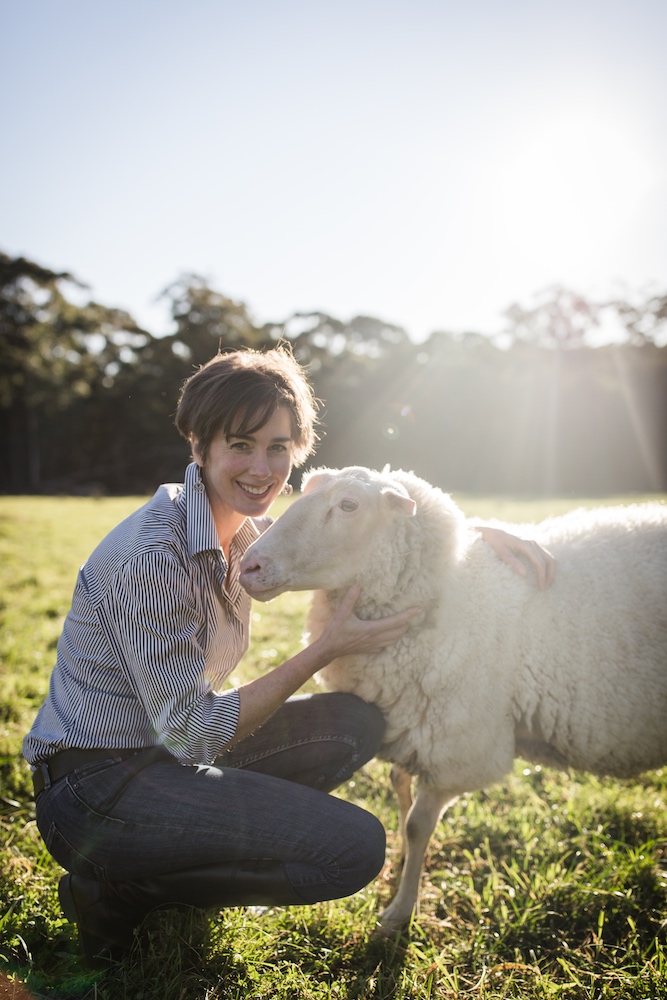
Cressida Cains: AWARD ALUMNI
Cressida Cains and her husband Michael are first-generation farmers, turning a passionate interest in cheesemaking into a viable dairy sheep farm at Berrima.
Cressida milks the sheep, is in charge of lamb care and responsible for animal welfare and management, as well as making cheese alongside Michael.
Innovators, they engaged with NSW authorities to develop the guidelines so they could make cheese from unheated raw sheep�s milk.
Their first retail forays were at farmers markets, building a customer base, and they developed a relationship with a distributor to sell their Pecora Cheese products into the food service sector.
The business employs five people, plus themselves, on the farm and they have recently expanded their wholesale offerings into a shopfront in Robertson, a nearby town.
�Pecora Cheese and Wine is a wine bar for locals and tourists, providing charcuterie plates using our own brand and other cheeses, local wines and beers,� Cressida says.
�One of the aims of the business is to provide another small business for improving employment opportunities.�
In 2020, Cressida received the NSW Rural Women�s Award and went on to be named the national runner-up.
She is now the NSW Chair of Agrifutures Rural Women�s Award Alumni, was elected to the Australian Women in Agriculture board and is a member of her local farmers� market committee.
Cressida says participating in the Rural Women�s Award kickstarted her leadership journey with workshops and mentoring opportunities.
�It gave me a big boost in my confidence and being able to phone any of the women in the alumni, to learn from them, has really benefited me,� she says. �Women farmers are very accomplished, very innovative and entrepreneurial.
�Farming has changed because technology is evolving; and what constitutes agriculture benefits women.
�Women are very good at taking up technology, working at the coalface, and bringing forward innovation into their farm businesses.�
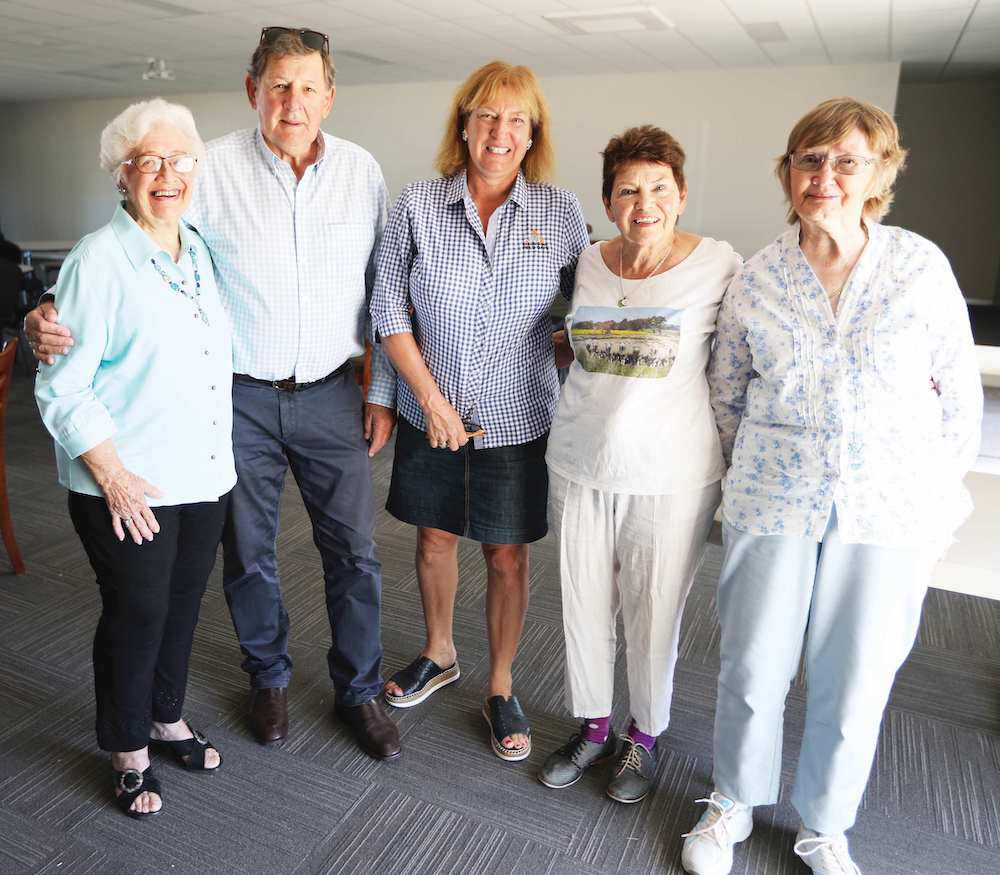
THE 30th RURAL WOMEN�S GATHERING
In 1992, Marg Carroll, co-owner of Redbank Corriedale stud at Molong, was working as a health worker, when she heard about the Women on Farms Gathering at Numurkah, in Victoria.
Marg and Ronnie Hazelton took a busload of local women to the gathering, and it inspired them to organise a similar gathering in NSW.
�A month later I began my new role as coordinator of the NSW Rural Women�s Network,� Marg says.
Marg and Ronnie recruited a volunteer committee to organise the NSW Women of the Land Gathering in 1993, at Orange.
They duplicated the format of the Victorian gatherings, which was farm visits, workshops and women�s stories. Their initial key guest speakers were Christine Hindhaugh and Pat O�Shane.
�We based the first Gathering and the speakers we invited around the issues we saw in our community � drought, debt, depression, domestic violence, intergenerational relations on farm, grief and loss,� Marg says.
Marg and Ronnie didn�t know at the time if it would only be a one-off conference, but in fact it has since been held annually, renamed the Rural Women�s Gathering in 1999.
The Gathering continues to be supported by the Rural Women�s Network, which recently became part of Women NSW and now falls under the auspices of the Department of Premier and Cabinet.
�It was always important to have support from key managers within the department,� Marg says. �Those allies made a difference.�
It has meant seed funding for each conference, and the ability to tap into resources to assist women to attend who otherwise would not be able to.
This year the 30th Gathering is set to be held in Orange over three days, from November 24 to 26 � the format has endured.
The Rural Women�s Network and NSW Farmers continue to be supporters of the Gathering.
Noreen Byrne, a senior project officer in the Rural Women�s Network, is editing a book showcasing 30 years of Gatherings. The book includes history and anecdotes from members of organising committees and attendees.


